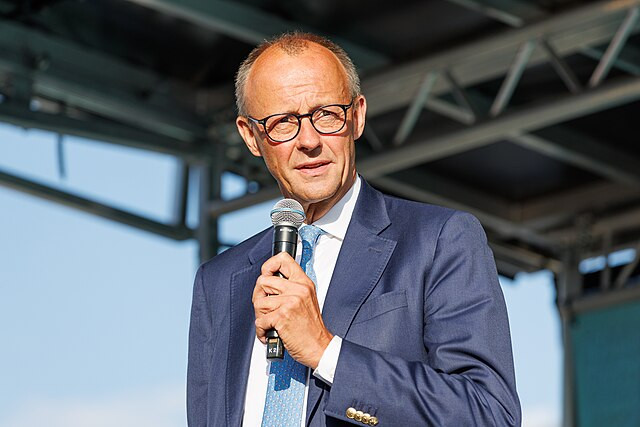Friedrich Merz has been elected Germany's chancellor after a dramatic second-round vote in the Bundestag on Tuesday, following a failed initial attempt that temporarily unsettled Berlin's political establishment. Merz secured 325 votes in the 630-member chamber, narrowly clearing the 316-vote threshold required to assume office.
The 69-year-old leader of the Christian Democratic Union (CDU) had long been the expected successor to the chancellorship after his center-right bloc and its Bavarian affiliate, the Christian Social Union (CSU), won the largest share in February's federal elections. However, his first-round failure earlier in the day marked an unprecedented setback for a chancellor-designate in postwar German history.
His confirmation came after four parliamentary factions - including the Greens and the Left - agreed to bypass standard scheduling rules, enabling an expedited second vote within hours of the failed morning session. The vote capped a day of urgent behind-the-scenes negotiations, with senior CDU officials pressing members for party unity amid reports of wavering support.
Merz now heads a fragile coalition with the center-left Social Democratic Party (SPD), which finished third in the February vote. Together, the CDU/CSU and SPD hold just 52% of Bundestag seats, one of the slimmest majorities in modern German politics.
The coalition pact, signed Monday, includes commitments on tax reform, social welfare adjustments, and stricter migration policy. With his mandate now secured, Merz faces the challenge of maintaining cohesion in a narrowly held parliament while steering policy for Europe's largest economy.
The DAX index, Germany's main stock benchmark, trimmed earlier losses following the confirmation vote. It was down 0.4% at 3:22 p.m. London time, as investors appeared reassured by the resolution of the brief leadership crisis.






